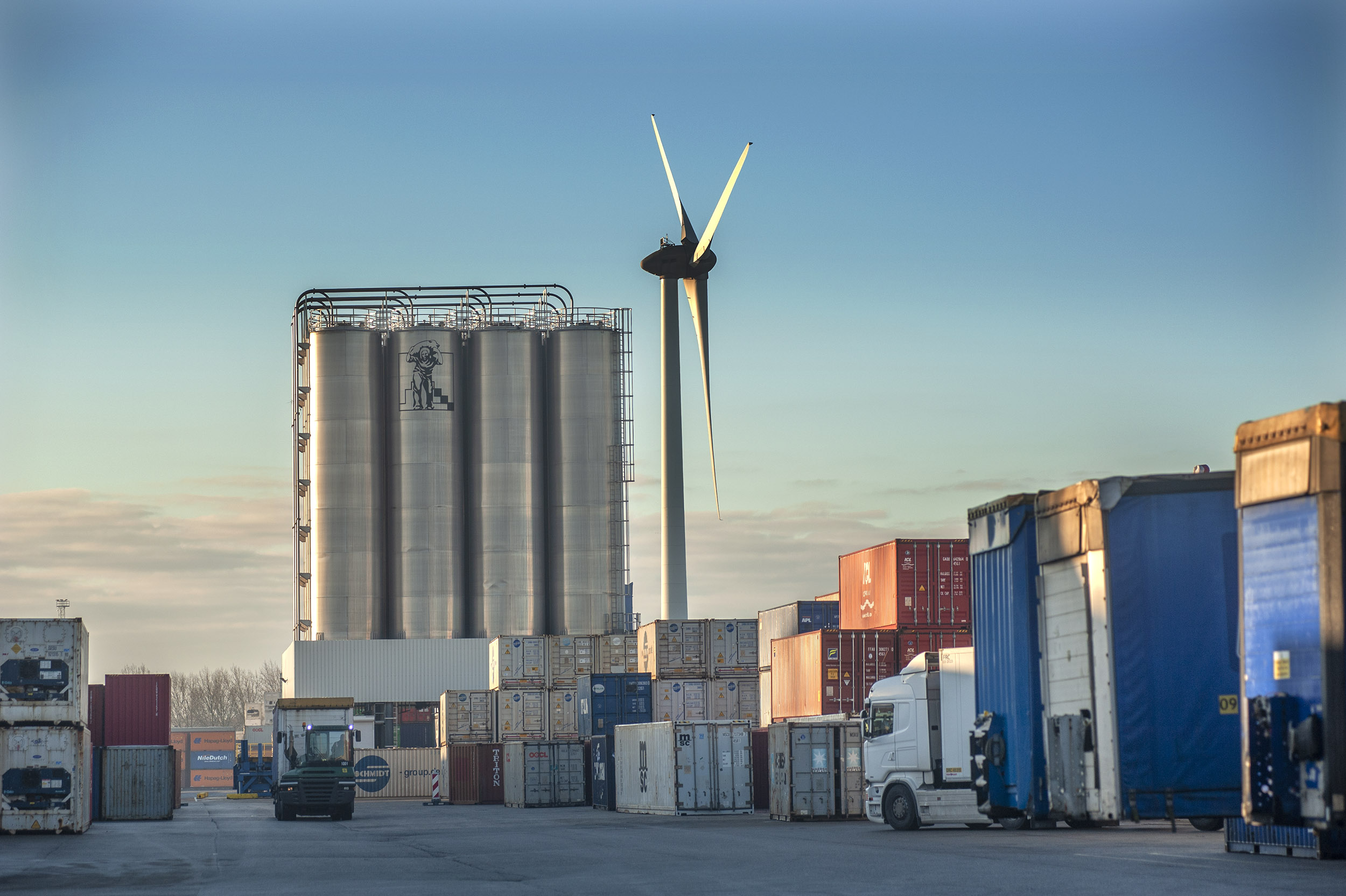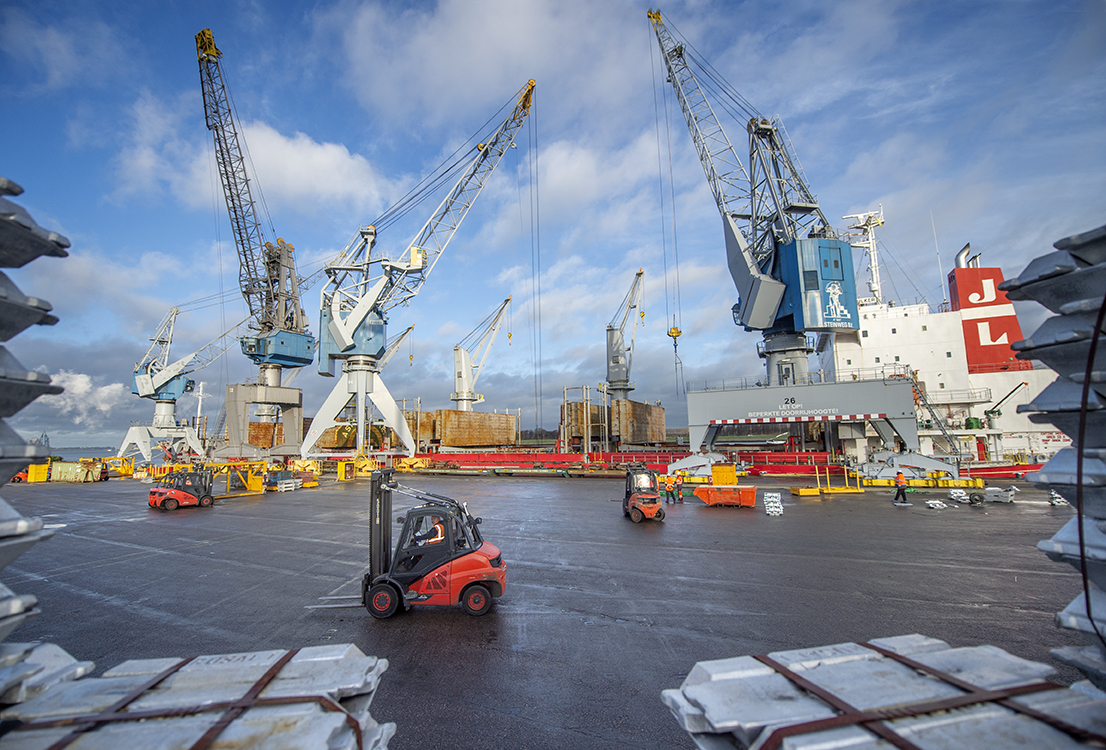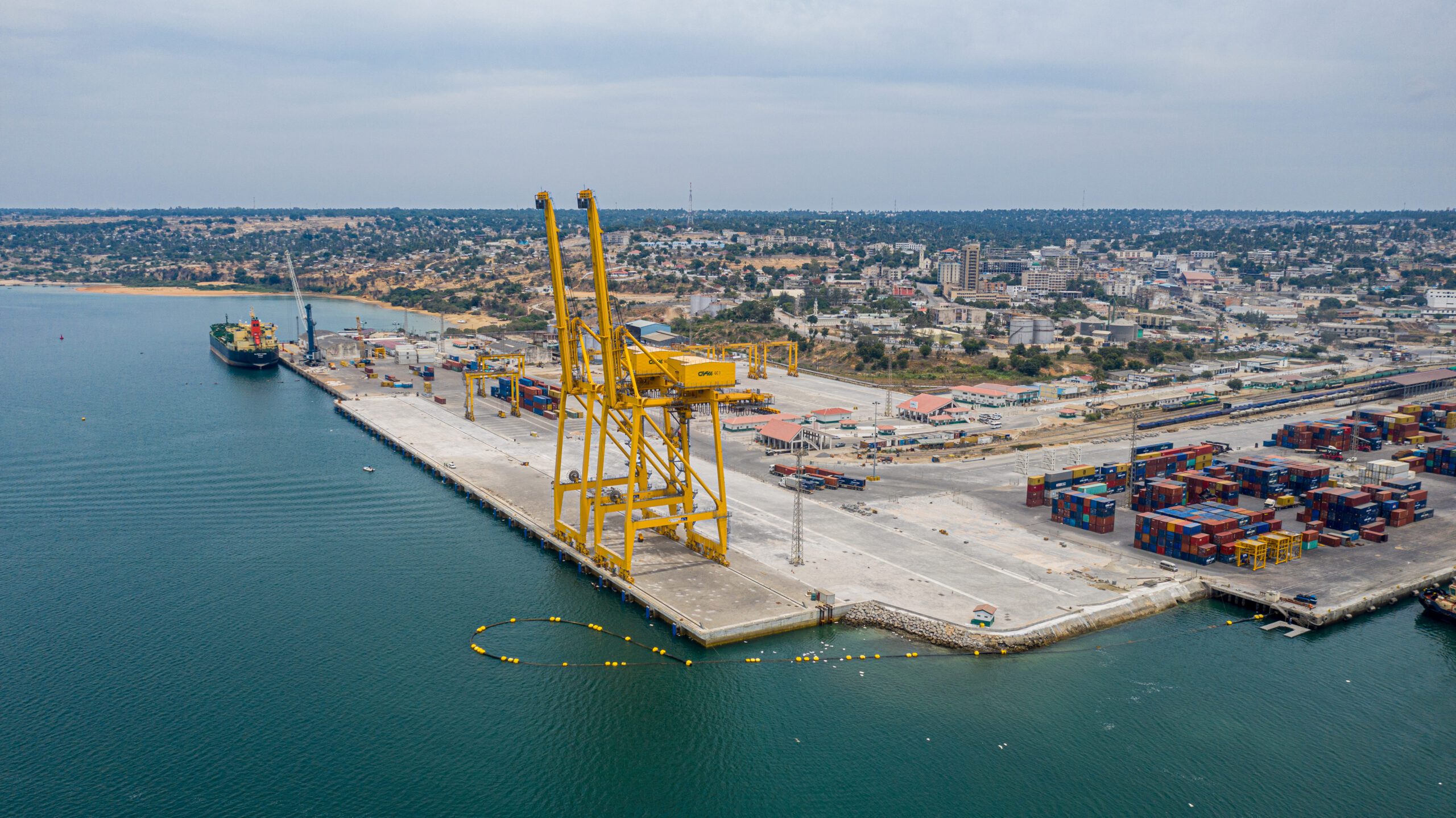Worldwide Logistics Solutions
Steinweg is a globally operating independent service provider in the fields of storage, handling, forwarding, chartering and other commodity related logistics services.
Do you need transport or warehousing? Arrange it now!
Request quoteAbout the C. Steinweg Group
C. Steinweg Group provides storage, handling, forwarding, chartering and other logistics services throughout the world. With offices, warehouses and terminals at strategic locations across the globe and thousands of highly skilled and experienced employees, we are well equipped to handle a wide range of cargo. That’s why we are a renowned and respected logistics partner for the global commodity trade. Please check out our website for more information about who we are, where we operate and how we can help you.
More about our company
100 +
Locations
55 +
Countries
6250 +
Employees
How can we help you?
Find your nearest office & local information
Steinweg is a globally operating independent service provider in the fields of storage, handling, forwarding, chartering and other related commodity logistics services.
Africa
Asia
Europe
Middle East & India
North America

Headquarter contact information
Address
Parmentierplein 1
3088 GN Rotterdam
The Netherlands
Phone
+31-10-4879555Are you looking for your nearest office?
Search all locations













